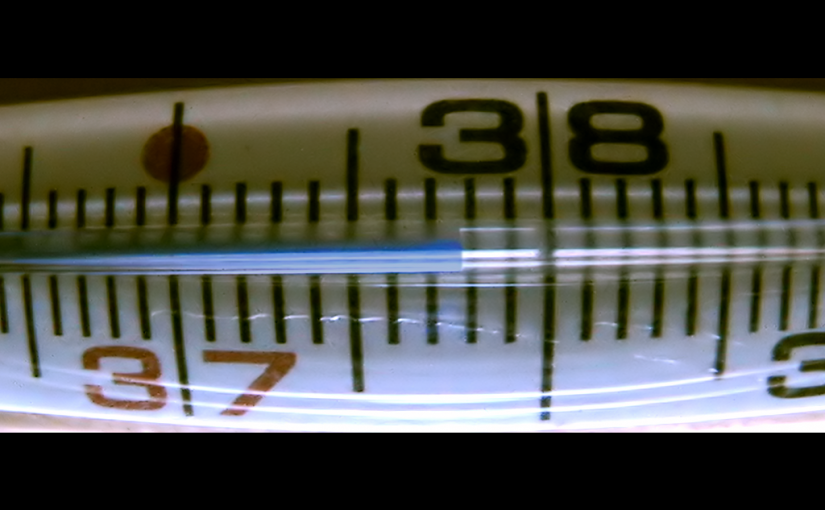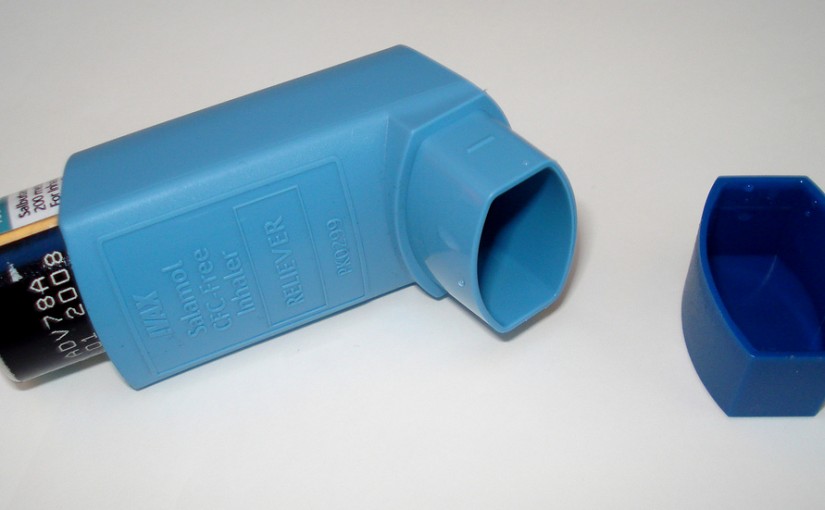Category: Medical
-

Honoring our Florence Nightingales during National Nurses Week
She is a “ministering angel” without any exaggeration in these hospitals, and as her slender form glides quietly along each corridor, every poor fellow’s face softens with gratitude at the sight of her. When all the medical officers have retired for the night and silence and darkness have settled down upon those miles of prostrate…
-
June is National Safety Month!
9 Safety Tips for Spring Spring cleaning safety is not normally on people’s minds when they begin to haul out all those cleaning supplies and equipment, but it should be. Everyday we need to be careful when going about our household chores, but when you really start tearing the house apart and moving things…
-
Top 5 Best & Worst States for Obesity. Promote Healthy Eating!
Best & Worst States for Obesity
-

How Much Sleep is Enough?
Do you have a friend who says they can function on four to six hours of sleep? If so, you might have wondered if this is true. Can people really get by on so little sleep? How much sleep do humans need to function optimally? The short answer is seven to nine hours a night.…
-

Supporting a Loved One Through Breast Cancer
When you have a loved one who is diagnosed with breast cancer, it is often hard to know how to help. You may feel lost, hurt, angry or fearful while feeling you have to keep it together for them because they are going through so much. Knowing what to say can also be hard, as…
-

Fever: When to Seek Help
Fevers are miserable. Just moving takes effort, you lie in bed either too hot or too cold, and you may feel dizzy and clammy but fevers also have a purpose. They are your body’s way of fighting infection. Fevers are a sign your body’s immune system is working as it should. However a fever can…
-

Eating Right For Asthma
If you have asthma, you probably have an inhaler which you use for daily relief of your symptoms or for emergency asthma attacks. You probably also avoid smoke or other substances that can trigger the coughing, wheezing misery of an asthma attack. You probably are also careful when you exercise. What you might not have…